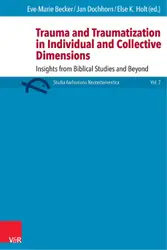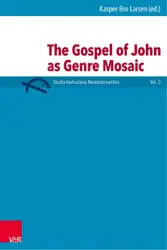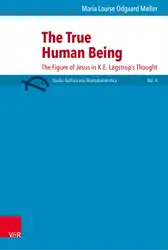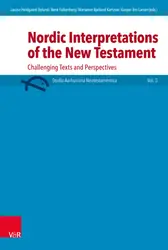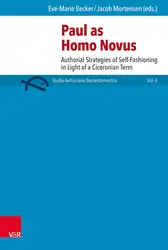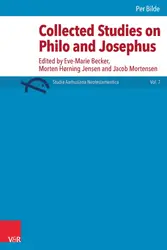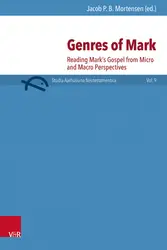This book gives attention to the language and style of the letter of James, with a hypothesis about its rhetorical purpose in mind. It focuses on what we can learn about the author of James, by reading the text in light of a guiding research question: How does the author establish and assert authority? The letter builds literary authority for a number of purposes, one of which is to address socioeconomic disparity, a major concern for the author.
The author of James presents a speech-in-character in the shape of a letter to establish his ethos (Ch. 2), employing vocabulary and style to signal his education implicitly (Ch. 3 & 4) and includes himself in the categories of sage, teacher and exegete explicitly (Ch. 5). From this standpoint, the author can address the rich as equals, rebuke them and admonish both rich and poor to receive God's wisdom (Ch. 6).
The comparison with ancient literary criticism shows that the categories at play are the same. The insight that language and ethos are inseparable categories in antiquity provides us with renewed ways to interpret the literary production of early Christianity. Both James and 'the Classicists' present a competing epic in the context of the early imperium, the former with an Israelite piety that is superior to contemporary economic and moral categories and the latter with the supremacy of Greek culture as a foundation for Rome.
The letter of James emerges as a document that builds educational ethos as a balance against the rich and powerful, a strategy that calls for a revision of both its rhetoric and socio-economic situation.

